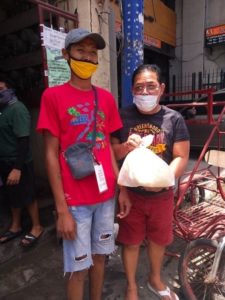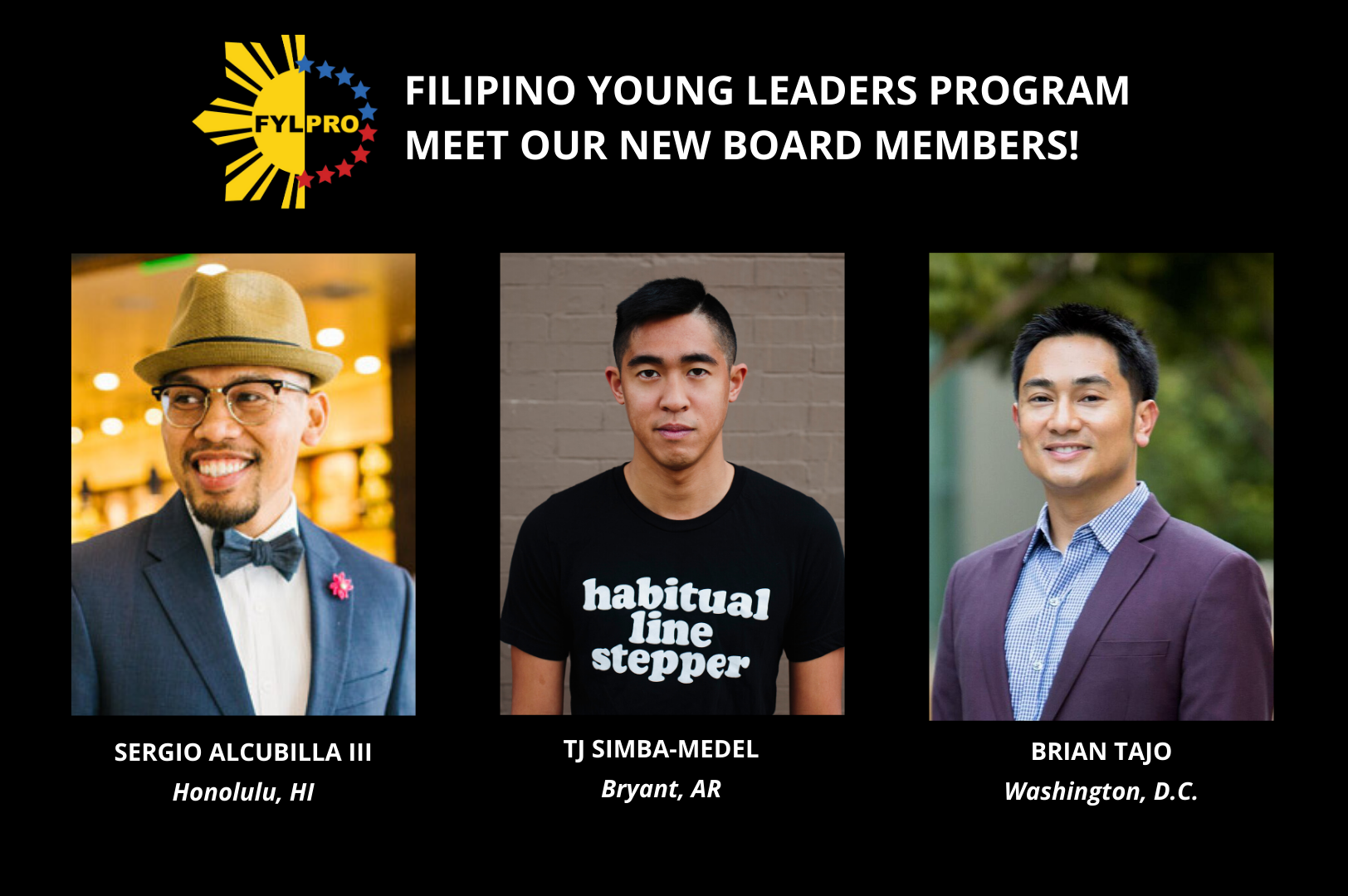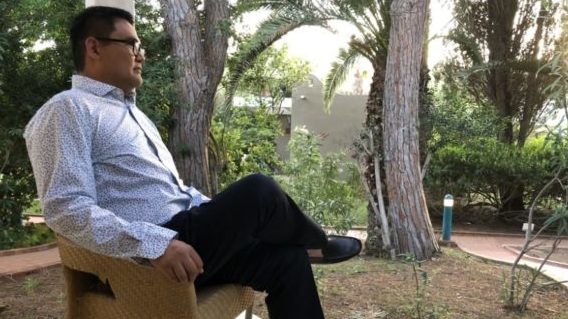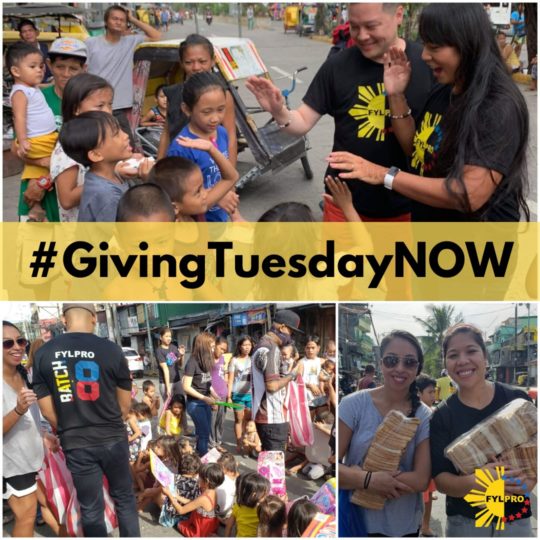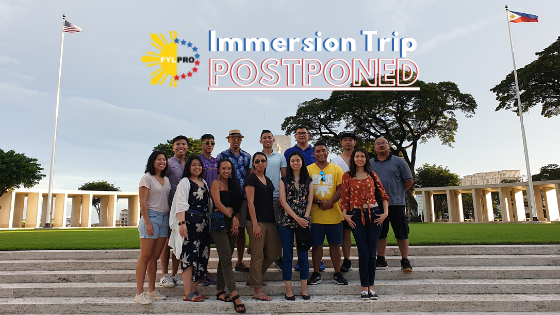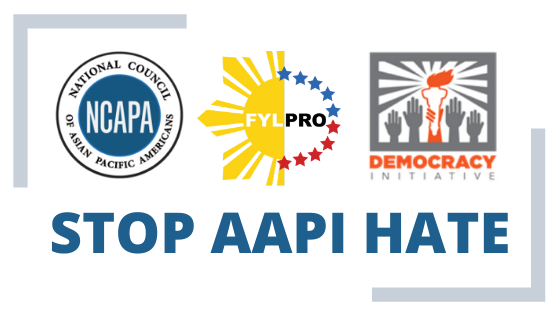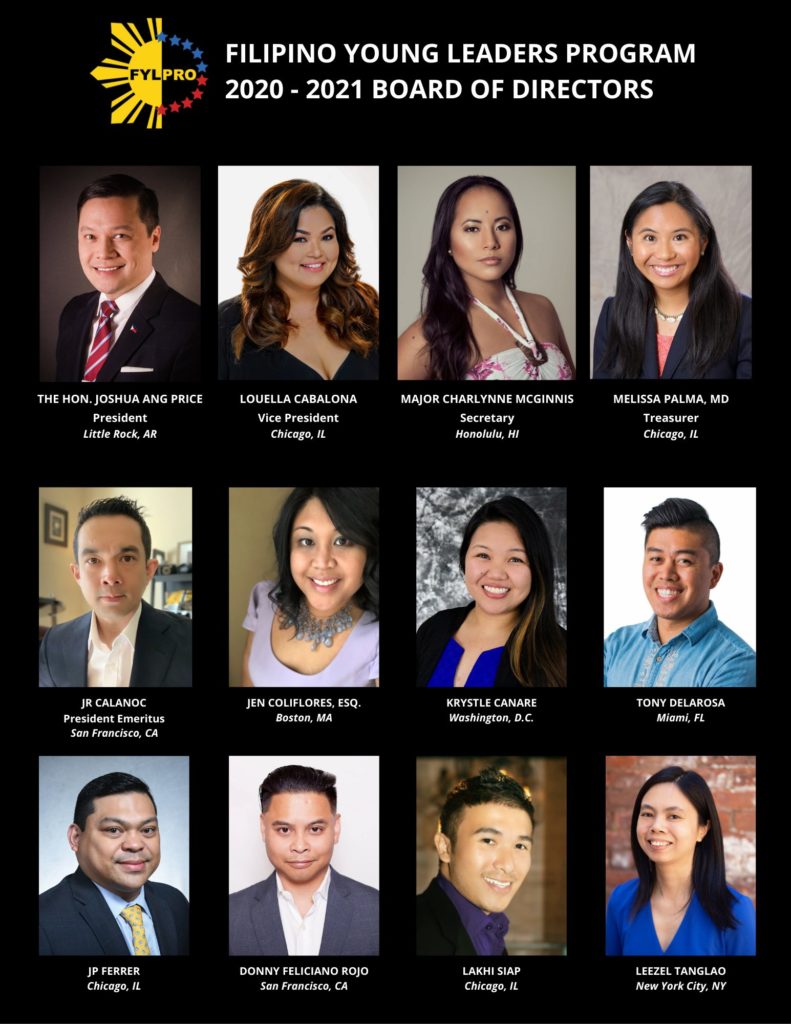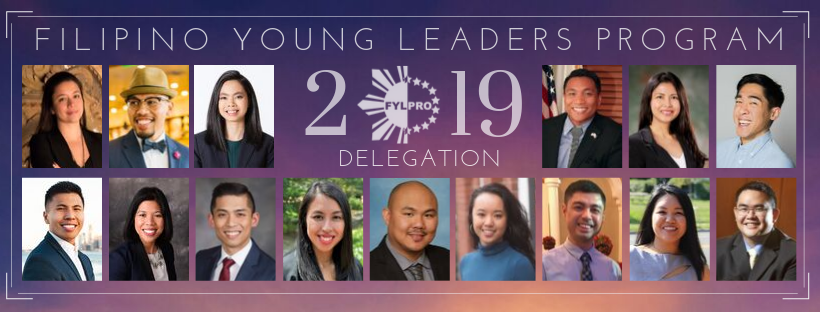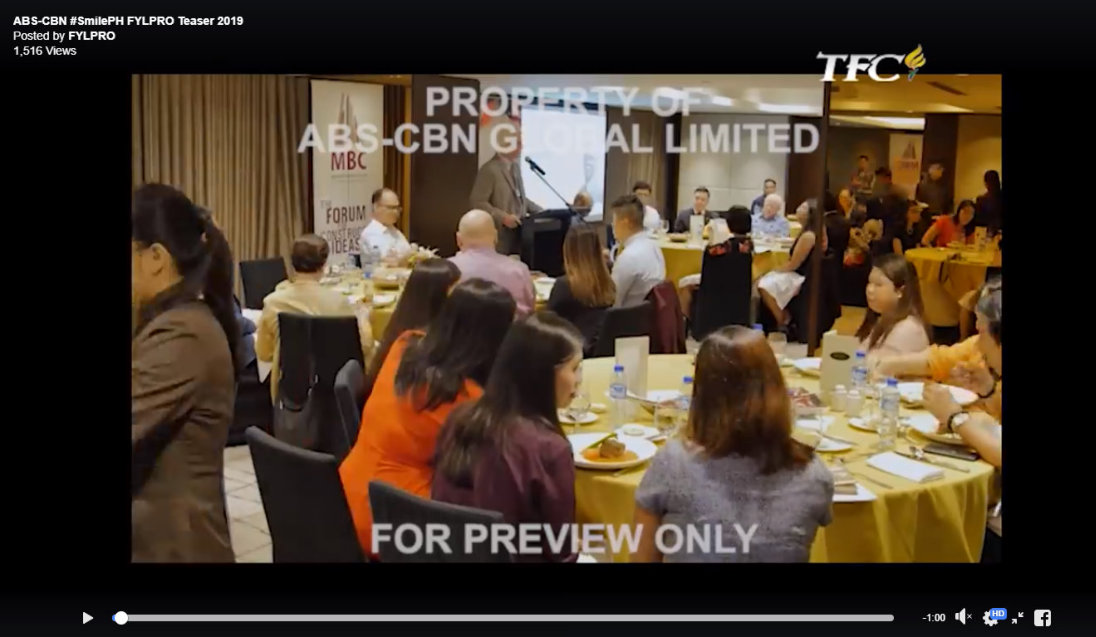Originally posted on Medium on May 7, 2020 by Leezel Tanglao (Batch 8 – 2019)
I’m used to dealing with the unpredictable and spaces of uncertainty.
My 16-year career in journalism has taken me around the world but most of all, it’s taken me on a journey into the human condition.
All of us are on an incredible transformative path made from our choices and decisions.
More than ever, it’s important to embrace the known and unknown.
Both serve a purpose in our evolution and growth.
In this age of COVID19, the graduation ceremonies may be canceled but graduating into the world is not.
There will many challenges ahead but you are not alone.
In honor of the class of 2020, hoping these words will help you on your journey.
This is a transcript of the commencement address I delivered to 2017 the Asian and Pacific Islander American studies majors class at the College of William & Mary on May 13, 2017.
Just about everything in life begins with a question.
“What’s your name?”
“Where are you from?”
No, really “Where are you REALLY from?”
But there was one question that changed my life.
“How come you don’t know Tagalog?”
That’s what my college classmate asked me….actually, it’s what she called me out on.
We were both undergrads at Loyola Marymount University in Los Angeles in the early 2000s.
She was born in the U.S. and fluent in Vietnamese.
She would talk to her parents in Vietnamese, supported Vietnamese businesses and followed all the latest Vietnamese trends.
She was proud to be Vietnamese, and not afraid to show it.
“How come you don’t know Tagalog?”
It was the first time I really had to think about that question.
I said, “I don’t know.”
But I did know.
Even though I understood Tagalog which is one of the national languages of the Philippines (and technically my family speaks the Philippine language Kapampangan), I didn’t want to speak it.
Because I was ashamed to be Filipino.
At that time, my perception of Filipinos wasn’t great.
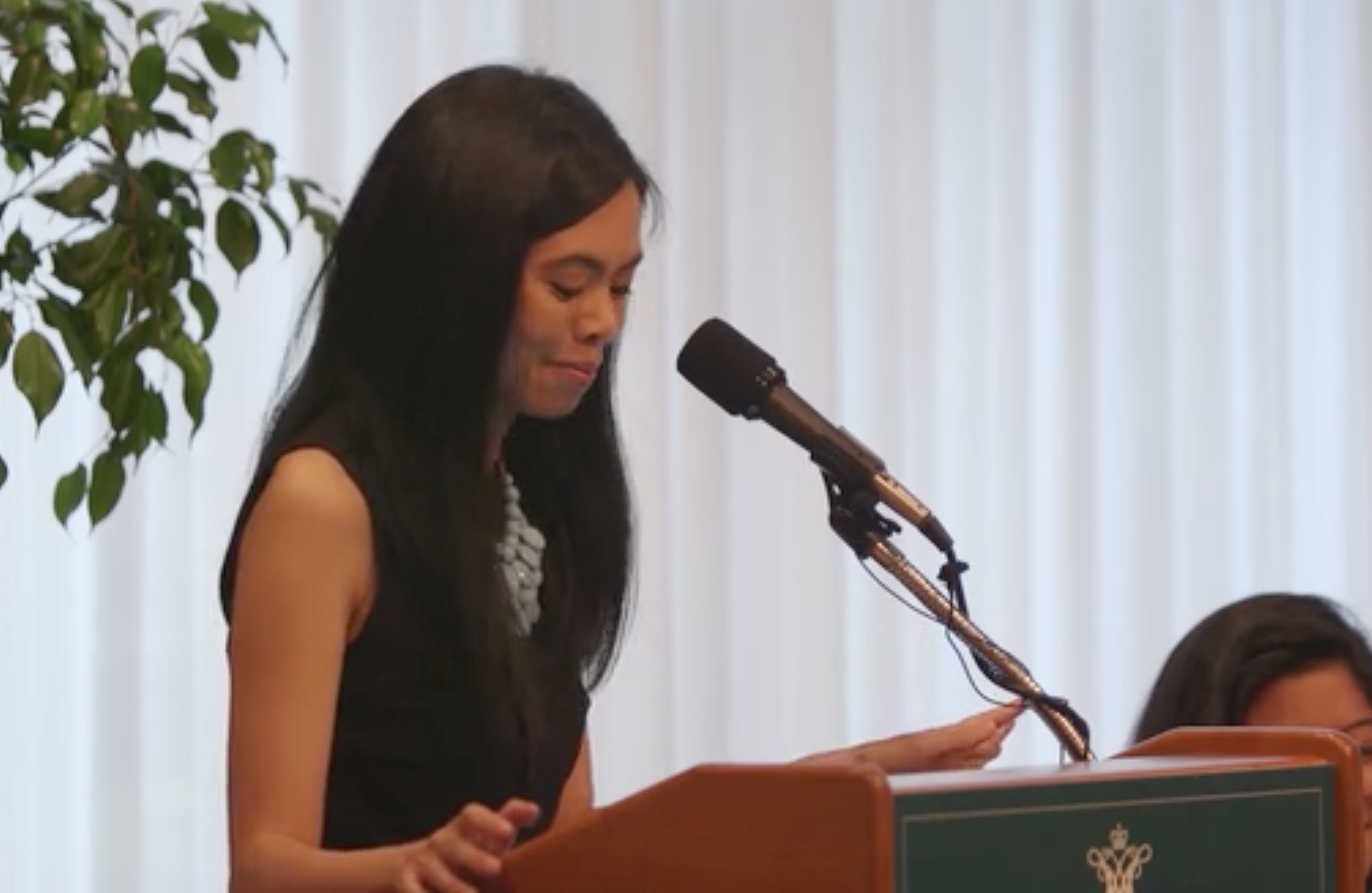
With the exception of a few close Filipino and Asian American friends, I felt judged by my own community because I didn’t fit into the typical Filipino American stereotype.
My parents were divorced.
Most people I went to school with came from two-parent households.
My mom wasn’t a nurse, doctor or lawyer.
She was an assembly line worker.
It was a class thing.
I could feel the awkward and judge-y stares.
I was an only child…whereas other Filipino Americans had large families.
‘How could my parents just have one kid? Aren’t you lonely?’
Or the other response was, “You must be spoiled.”
Actually, money was tight and I was raised by a single mother who supported me and helped my aunts and uncles.
We couldn’t always afford a lot of the trends all my classmates had.
When everyone else had Air Jordans, I had generic athletic sneakers.
“How come you don’t know Tagalog?”
Logistically, I didn’t need it to communicate with my family.
My mom spoke to me in Kapampangan and I always replied back in English.
You guys have done that right?
My estranged father encouraged me to speak English because he was afraid I would pick up an accent.
But my mother was adamant that she speak to me in Kapampangan and never wanting me abandoning my mother tongue.
It’s who we are, she said.
I never lost it but I didn’t have an appreciation for it until now.
It was only when I got to college and was confronted by the question my roommate posed to me, that I had an opportunity to learn more about who I was.
And in the summer of 2002, The Filipino American National Historical Society or (FANHS, which by the way has a Virginia Beach chapter) was having its bi-annual conference in Los Angeles, right on the campus of LMU.
During that conference, I learned about Filipino Americans in sports, media — they were trailblazers in so many fields.
I had no idea about Vickie Manalo Draves, the first woman to win two gold medals in diving in the same Olympics and the first Asian American to win an Olympic medal.
Nor did I know about the prolific writings of Carlos Bulosan, who wrote: “America is in the Heart.”
At that conference, I met many other Filipino Americans who have since become my mentors and friends — as they also shared similar experiences growing up.
I uncovered so many stories that I had no idea about my culture — things that don’t get taught in school.
It showed me that my shame in my culture was misguided over the actions of a small group of people.
I realized there were actually accomplished Filipino Americans who did care more about the greater good than whether you had the latest Nike shoes or if you drove a luxury car.
FANHS led me to AAJA — Asian American Journalists Association — which concurrently cultivated my path to becoming a professional journalist — someone who tells stories for a living.
What did it mean to be Filipino American?
What did it mean to be Asian American?
What did it mean to be a journalist?
What did it mean to be an Asian American journalist?
It opened the floodgates to communities and support networks I didn’t know existed.
It was like, wow, there were people who looked like me and had similar upbringings who were successful storytellers.
And that, you can do what you love and get paid for it, probably not as much as other professions, but you don’t become a journalist for the money.
When the fall term started again, I began taking Asian American studies classes and attended Asian Am related events and never looked back after that.
As a result, I declared a minor later that year — Asian Pacific American Studies and I vowed to tell these stories as a journalist — to give a voice to the voiceless.
A few years later, I would later go back to get a Masters in Asian American Studies at UCLA because the passion never went away — so much more to learn.
With all of this, it also led to another question, which the 2017 graduates here today will relate to.
Whenever someone found out I had a master’s in Asian American Studies — I got puzzled looks.
Graduates, you have the unique opportunity to answer the question that your parents and others have probably asked you at one point during the last four years.
“What will you do with “Asian American Studies?”
“Why not major in something “practical” like law, health?”
What I would say to that is this: Asian American Studies is “practical.”
Whenever someone tries to use the Model Minority myth to prove a point, you know there’s more to that story.
Not all Asian Americans have the same economic status or educational backgrounds.
The numbers tell a different story.
There are Asian American subgroups who live in poverty but yet that’s not narrative that’s often presented.
This is where the holders of the established narratives want us to be silent.
But don’t be silent.
Be loud.
Own it.

While Asian Americans work in many prestigious fields, where is our representation in leadership and elected offices — where policies and decisions impact our lives?
That’s the beauty of Asian American Studies.
It’s can be used in combination with other areas like politics, law, health.
It all about that unique perspective and the value you bring.
And you’ve all already had a chance to experience that.
Julian Irate posed important questions to the William and Mary community about issues impacting our lives when he co-founded the video series, “The Real W & M” — to foster discussion.
“Why does Black History Month Matter? Why is inclusion in academia important?”
Pallavi Rahraju started a South Asian dance team to teach others about her culture.
When words are not enough, expressing your history and culture through movement and dance can be very powerful.
Felicia Wong and other students started a Filipino American health summit to shed light on issues that have carried a stigma in the community.
If you have the data, then the mission is to educate the community about these issues.
Matt Nguyen let the music speak to him as he created an EP to tell Asian American history and social justice.
He knows education is not limited to school — it’s the media you consume and going where the audience lives.
And graduates, you’re all just getting started.
All of your work is important.
Don’t let anyone tell you otherwise.
It’s not about quantity.
It’s about the quality of making those deep connections.
Too often our stories have been overlooked.
It’s time to flip that narrative on its head.
You define what is success and what is of value.
But the road will not always be easy.
In fact, it’s full of challenges.
But don’t be afraid to do something you’ve never done before.
Don’t settle.

I wasn’t satisfied as just a homepage editor at a national news organization when I moved to New York seven years ago.
I knew I could offer more.
I didn’t want to play it safe.
I took a risk, went to a startup, was laid off.
But then I hustled, reinvented myself and now I lead a global team of multiplatform editors at CNNMoney.
There’s nothing wrong with safe, but remember there’s nothing wrong with standing out either.
Graduates, I want to challenge you to be aware and be open to change and look for those signs — those pivotal moments, decisions.
Each of our lives is made of a series of these moments that help guide us during our journey.
For me, it was the day my classmate called me out on the lack of my Tagalog speaking skills.
For you, it was the moment you sat in that Asian American studies class or attended an Asian American event and suddenly, something inside you just clicked — where you felt excited and felt this passion burn that you couldn’t ignore.
It was then you realized that, you had a higher purpose and calling.
It was then you answered a question — a call to action.
And sometimes that’s not part of the plan you envisioned — that’s OK.
It’s the reason all of you fought hard for this…so this legacy is not lost — — To have these classes, experiences on this campus.
And digging deeper about the history behind those who came before us and how that has shaped who you are.
You know that Asian American Studies is not just purely an academic endeavor or just learning.
It’s a way of life.
It’s a lens that informs decisions, choices no matter what career you choose.
And don’t worry parents, everyone who has majored/minored in Asian American studies has gone to do amazing things — everything to becoming a public servant, acting and non-profit work.
Your kids will be OK.
The fact they chose this major speaks volumes about being self-aware.
I’m living proof of that.
Being grounded with this lens, it has allowed me to see and be conscious of the multiple narratives and that there is always a story to be told as a journalist.
With this foundation, I’ve been able to tell the stories about the Filipino grape pickers who sparked the Delano grape strike that evolved the Farmer workers’ movement — bringing into the fold figures like Cesar Chavez.
But what happened Larry Itiong, Philip Vera Cruz and Pete Velasco? Where are they in the narrative?
And numerous times I’ve been able to prevent potentially harmful and offensive content because I was aware of its impact on the community and its context — from an insensitive headline or graphic — these things matter and should be addressed.
Most importantly I have also been able to influence stories and including unheard voices — because I was in the room and let my voice be heard.
But this is just my story.
It’s now time for you to write your narrative and to give back.
Just like all the mentors you’ve met along the way up to this point, you didn’t do this alone.
In fact, you’ve never been alone.
You now know you have a rich history of people who have gone before you to look back on and be inspired by.
And they didn’t do it alone.
As you’ve seen in your work at the College William and Mary — — how tangible change can be.
The next time someone says, what will do you with “Asian American Studies major”?
You can answer that with conviction,
I
Create
Change
Join Me

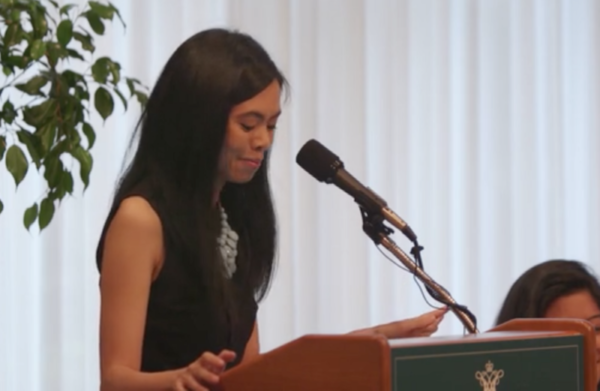
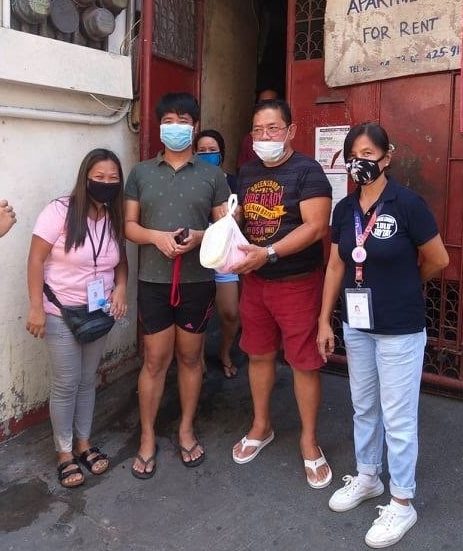
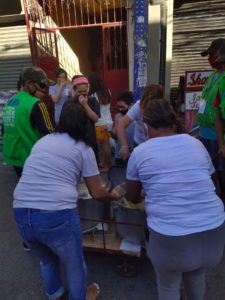 FYLPRO donated a total of $1,100 which included matches by Immediate Past FYLPRO President JR Canaloc, Secretary Char McGinnis, and current President Joshua Ang Price.
FYLPRO donated a total of $1,100 which included matches by Immediate Past FYLPRO President JR Canaloc, Secretary Char McGinnis, and current President Joshua Ang Price.